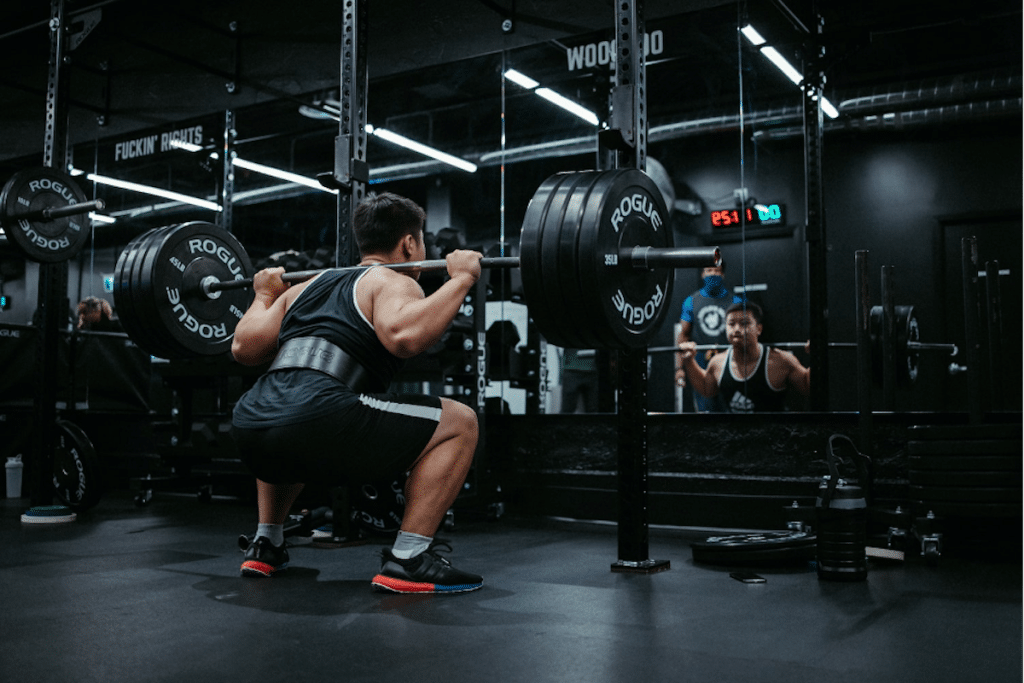Fitness enthusiasts achieve the finest body shape through advanced training techniques and adapted nutrition plans. The full potential can also be enhanced with specific anabolic components to drive muscle growth. Altogether, backed up by timely recovery, this can lead to peak athletic performance.
Key Elements of Effective Training Programs
A comprehensive training program is fundamental to maximize the gains. Such strategies combine physical conditioning with mental preparation and recovery to create a comprehensive approach to athletic development.
Fundamental components of effective training programs:
| Element | Information |
| Periodization | Structured phases of training that focus on different aspects such as durability, potency, and body renewal |
| Specificity | Training adapted to the specific demands of the sport with a focus on relevant muscles and skills |
| Progressive overload | A gradual increase in the intensity or volume of training to stimulate continual adaptation and improvement |
| Restoration | The addition of rest days and renewal techniques to prevent overtraining |
| Mental conditioning | Strategies to improve focus, resilience, and stress management to perform under pressure |
These fundamental elements help athletes create a training regimen that supports short-term goals and long-term athletic aspirations.
Anabolic Factors in Muscle Growth
The process of muscle bulking relies on several anabolic mechanisms that must work together to help athletes develop potency and durability.
Key factors that influence muscle development:
- Muscle fiber repair. After intense exercise, small tears occur in muscle fibers. The body’s anabolic response involves restoration of these fibers, which leads to muscle bulking and increased potency.
- Hormonal influence. Testosterone and insulin-like growth factor (IGF-1) play a critical role in muscle bulking. They enhance the repair and synthesis of tissues after physical exertion.
- Nutritional support. An intake of sufficient calories and macronutrients, particularly proteins, provides the necessary building blocks for muscle repair and bulking.
- Progressive training load. An increased intensity of workouts (gradually adding weight or resistance) encourages muscle adaptation and hypertrophy.
- Recovery time. Periods for body renewal between training sessions are essential to repair organism and grow stronger. Rest periods are a crucial part of the muscle-building process.
Such a strategic and well-rounded approach is the foundation of the science of fitness excellence.
The Role of Hormones and Supplements
Testosterone and growth hormone are critical drivers of muscle bulking. They facilitate protein synthesis, accelerate body restoration, and increase potency.
Many athletes also use other supplements:
- creatine;
- whey protein;
- branched-chain amino acids (BCAAs).
While these products can be effective with the correct usage, the role of proper nutrition and training should always be the major component of performance excellence.
Nutrition Strategies for Peak Performance
Proper eating habits fuel athletes’ bodies with the right macronutrients and micronutrients to perform at their best.
Obligatory nutrition nuances to for top results:
- a menu full of proteins, carbs, and healthy fats to cover the energy requirements and support muscle renewal and bulking;
- optimal water-consumption levels to keep up durability, cognitive function, and restoration amidst and post exercise;
- solid nutrients at the right time, like carbs pre-workout for energy and proteins post-workout for organism restoration;
- a steady consumption of vitamins and minerals for the functionality of muscles such as magnesium, calcium, and vitamin D;
- strategic additives like creatine for strength or BCAAs for minimization of muscle breakdown during intense sessions.
As sports science improves, the future holds even more relevant strategies to refine training methods and achieve their full potential.
The Evolution of Sports Medicine and Recovery
Modern sports medicine has led to more advanced and effective recovery techniques that enhance performance and longevity. Today, sports medicine focuses on injury treatment and physical health improvement.
Modern restoration techniques like cryotherapy, active recovery sessions, and advanced physiotherapy are adapted to the individual needs of athletes. These methods reduce restoration and let athletes train harder and more frequently without injury risks. Additionally, sports medicine now emphasizes holistic approaches. The integration of mental health care, proper nutrition tactics, and rest ensures physical and mental well-being throughout the fitness journey.
